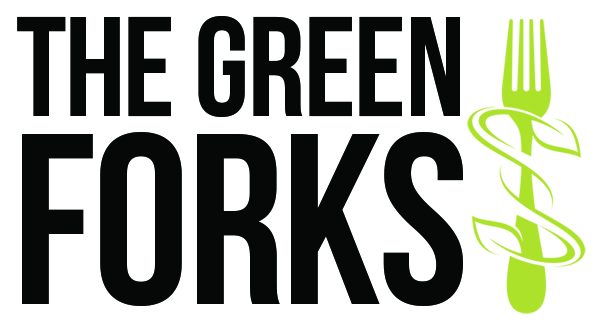Vegan alternatives are on the rise. They’re almost everywhere. And whether you’re a curious individual that simply wants to try something new or a practicing vegan, it is important to keep up with what’s going on with new vegan products. Are they worth it? Does it taste good? One great example is vegan cheese.
That familiar taste of cheese is a big deal. It’s more like a singular ingredient that is unique. In fact, we use cheese in many forms of recipes, not just as a stand-alone snack or food. It gives life to our pastas, salads, baked goods, well basically for anything. Cheese incorporation is a way to make recipe more enticing. While regular cheese came from pasteurized milk, vegan cheese is made of plant-based ingredients, of course. The most common organic ingredients they use to make vegan cheese are nuts and seeds. Typically the nuts or seeds are soaked, blended and fermented with the same types of bacteria used to make dairy cheese. There’s also other vegan cheese bases like coconut, soy, and nutritional yeast.
In terms of taste, there is no fine line separating vegan and dairy cheese. It could be either bland or a smack in the middle of unexpected taste familiarity. For a cheese lover, the criteria to make up with the taste is a bit underwhelming given with vegan cheese’s main components. That’s okay though, other vegan alternatives tend to give you the same rate when it comes to taste. It can still complement your recipes but to expect that it could top or even deliver the same taste as dairy is simply unjust. On top of its health benefits, it tastes just fine when you’re used to it. As simple as that. Just like when you first tasted vegan bacon. Take it this way, if you’re going to use vegan cheese as toppings to your tasty pasta or soup, then it will serve its purpose. That’s the way with vegan cheese, or regular cheese for the matter, to add color to the flavors, to enrich, to make a dish complete. Texture-wise, that’s where you can finally say it’s cheese-like.


